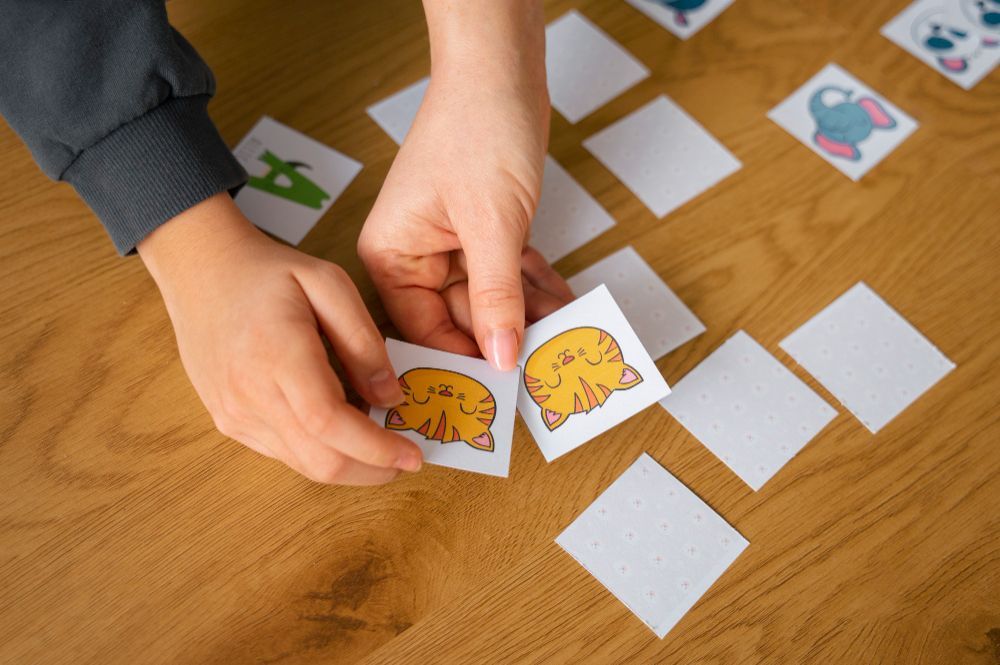ADHD and
Education
Learn how school and colleges can help children and young people with ADHD achieve their potential.
Learner Anxiety
The developmental delay in the brain of a child with ADHD can be as much as two or three years, so the child may appear less mature than their peers. They may develop certain learning competencies later than their peers – which may impact on their self-confidence as a successful learner. The forgetfulness associated with ADHD can result in frequent mistakes and omissions in academic tasks. Prior learning is also more easily forgotten. This can lead to frustration and low mood. Learner anxiety will compel the brain to produce stress hormones, such as adrenaline and cortisol. As a result, Learner anxiety can have a significant impact on the child’s learning, academic attainment and long term mental health.
Schools and Colleges should adhere to the UK Special Educational Needs Code of Practice and Equality Act of 2010 and offer supportive interventions immediately. – they should not wait for a formal diagnosis before making accommodations and differentiating for their learning needs.

Executive Functioning
The management system of the brain.
The executive functions are sometimes referred to as “the management system of the brain.” These functions help us to control our impulses, attention and emotions, to set goals, plan, organise and then use goal directed behaviour to complete tasks. We use these skills in every area of our lives. In neurotypical children, the executive functions develop quickly in early childhood, through adolescence and are still developing up to the mid-20s. For children who are neurodiverse, there is a delay in the development of the executive functions and they can often be challenging for people throughout their lives.
Schedule your free consultation today.
Take the first step toward clarity and empowerment. Schedule your free pre-assessment call and lets work toward a focused and fulfilling life

Working Memory
One of the most important executive functions is Working Memory. Working Memory is the process by which we hold relatively small amounts of information in mind in order to execute cognitive tasks. This is different from short term memory. Short term memory stores information for a short time whilst working memory retains the information for a short period in order to do something with it, that is, to direct the information towards the completion of a task. Working memory also helps us to transfer information into our long-term memory, which is the vast amount of information that we have saved throughout our lives.
How can weaknesses in these areas Present?
- Impulse control - may say inappropriate things and engage in risky behaviour
- Emotional Control - can overreact and find criticism hard
- Flexible Thinking - gets frustrated when asked about something new or from a different angle Working Memory - has trouble remembering instructions, even with supports
- Self-Monitoring - surprised by a bad mark and gets upset
- Planning and Prioritising - cannot decide what is important for completing a task
- Task Initiation - has difficulty starting or working out where to begin
- Organisation - loses train of thought as well as possessions

Our Tips for ADHD in Education
We have a wealth of experience in diagnosing and supporting adults with ADHD. Our private ADHD assessment process is thorough, focusing on your needs and providing an accurate diagnosis. We utilise the DIVA (Diagnostic Interview for ADHD in Adults) and the DSM-5 criteria to ensure a comprehensive assessment.
Six top tips for developing your classroom environment
One: Seat the child with ADHD close to the teacher whilst reducing peripheral distraction as much as is possible, for example, away from the windows or doors.
Two: Provide a range of resources to support attentional regulation, for example, standing desks, attentional tools or “tactile resources,” rocking chairs, privacy desk barriers, timers or ear defenders.
Three: Explore creating a space for increased physical movement.
Four: Explore creating a low arousal, calming area with a degree of privacy to use when the child with ADHD is feeling overwhelmed or needs support to regulate their emotions.
Five: Ensure that the whiteboard is well lit with minimal surrounding peripheral distractions. All other visual displays to be clearly labelled and easy to access.
Six:
Well organised, uncluttered classrooms can help a child with ADHD to better navigate their environment, for example, easily accessible resources and equipment, with written labelling supported by visual representations.

Teaching young people with ADHD
Our Top 5 rules
- Establish routines - Children with ADHD need established daily routines with expectations clearly and regularly outlined to them.
- Build Engagement – Building engagement in the material is the most important consideration for the teacher at the start of a lesson. Engagement leads to motivation. With motivation comes executive functioning, for example wanting to read a chapter in a book to find out what happens in the story will involve the child in using their executive functioning.
- Talk at every stage of the lesson - 'Excessive Talk' is featured in the diagnostic criteria for ADHD and is an important part of the learning process for learners with ADHD. Through talking, we are able to organise and sort our thinking into words. Talk is also critical for effective reflection. Therefore, include repeated structured talk activities to support comprehension and memory.
- Movement for attentional regulation. Provide opportunities for the learners to get up and move - Physical movement is an effective strategy to reenergise learners with ADHD especially after activities with a lot of executive functioning and/ or memory demands. It does not have to be a break in the flow of the learning. Remember the ADHD brain craves constant stimulation and novelty. Active, movement-based learning activities will help to retain engagement or arouse the attentional system if the learner with ADHD is finding it difficult to sustain their concentration.
- Support executive functioning and working memory. Use the 3 Rs to support poor memory: “Repetition, rehearsal and review."





